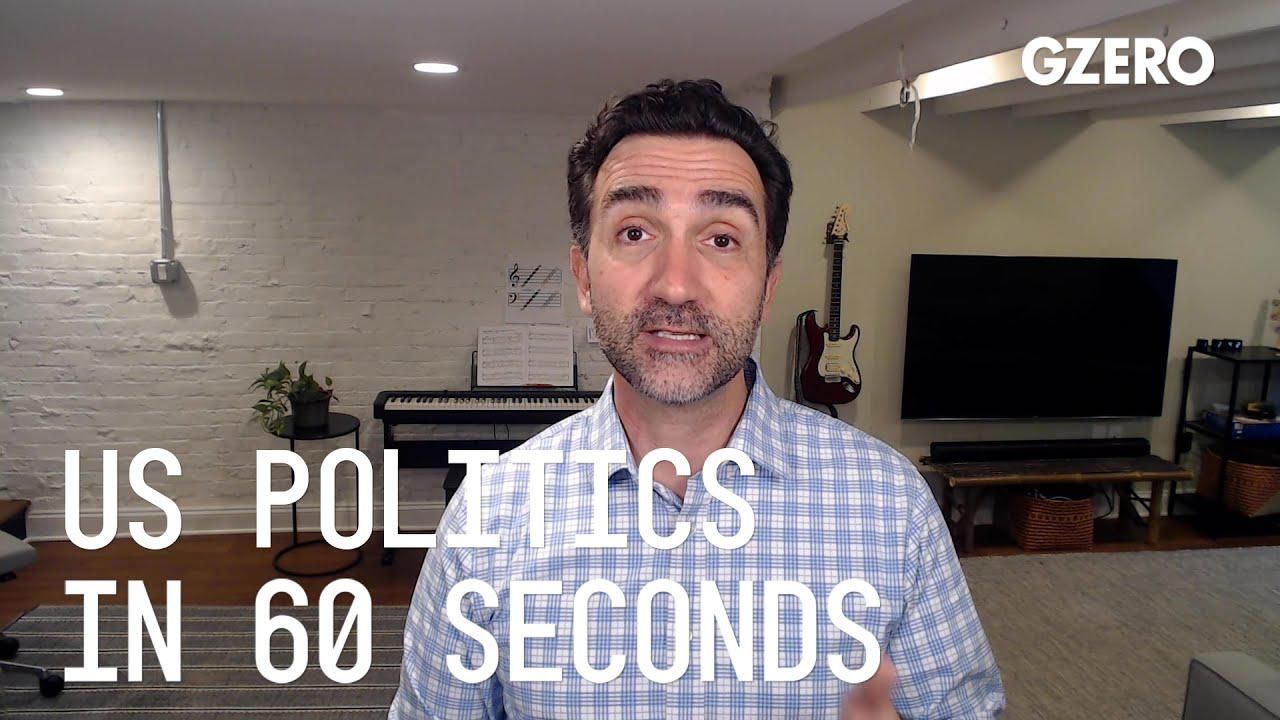
Jon Lieber, head of Eurasia Group's coverage of political and policy developments in Washington, discusses the Supreme Court confirmation of Ketanji Brown Jackson.
Today's question, what does the confirmation of Ketanji Brown Jackson mean for the US?
She'll be the first black woman ever to serve on the highest court. What's the political significance of this? Not much. After Republicans took at 6-3 advantage on the court during the Trump administration, the conservatives now have what looks like a durable majority that will dominate the court for years to come. Brown Jackson's vote is unlikely to be decisive in many cases, which frequently split along partisan lines with the six conservative justices aligning in a block against the three liberal justices on issues like separation of powers, the scope of the federal government, and voting rights.
So the real story at the courts is what direction those six justices are likely to push the court in, and several big cases are likely to come this year that will question or challenge long-standing precedents of the court. The biggest is the potential decision in Dobbs v. Jackson, which is a case that could potentially overturn the 40-year-old precedent set by Roe v. Wade that prevents states from banning abortion. Nonetheless, several states have banned abortion over the last several years, some in preparation for a decision in Dobbs and some because they wanted to force the issue and put it in front of the newly conservative Supreme Court. This is likely to be the blockbuster case on the court's docket with massive political implications in the US, and will be the culmination of effort by a generation of conservative activists to overturn what they see as the canonical example of judicial overreach.
But there are several other longstanding precedents the conservative court may challenge, including on affirmative action in college admissions, gun rights, public support for religious schools. And perhaps most significantly for the economy, the court could rule in a case challenging the EPA's ability to regulate CO2 emissions, which could set a new precedent that would further limit the executive branch from pushing major new regulations that are not explicitly authorized by Congress. This would be a huge rollback of the US administrative state and could affect everything from environmental regulation to financial regulation.
So the Brown Jackson confirmation represents a near-term win for the Democratic Party that's only a minor part of a series of long term losses for the Democratic Party who are unlikely to be able to move the balance of power back in their favor on the court, at least until the next time they control the White House and the Senate, and have two openings on the court from either conservative justices passing away or retiring. This could be in 2028 or even later, depending on what happens in the 2024 presidential election.
- The history of Black women judges in America - GZERO Media ›
- What We're Watching: Zelensky stays put as EU, US sanction Putin ... ›
- SCOTUS confirmation hearings no longer serve a purpose - GZERO ... ›
- SCOTUS leak on abortion decision: impacts midterms and beyond - GZERO Media ›
- Interpreting SCOTUS: guns, abortion, history, tradition & constitutional law - GZERO Media ›